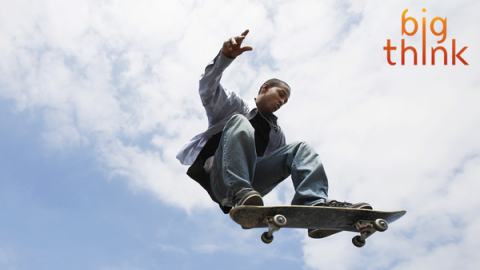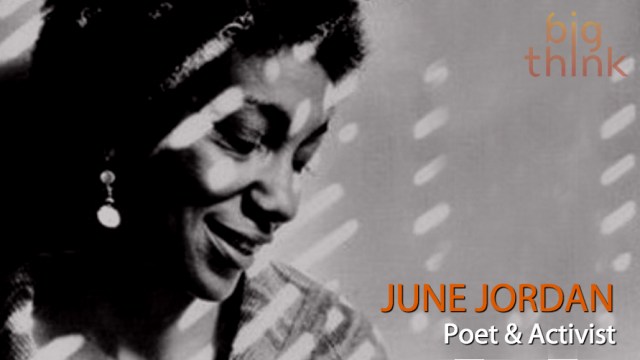Chris Cole: Want a Great Idea? Ask a Skateboarder.

What do you see when you spot a skateboarder?
An athlete? A daredevil? A nuisance?
When professional skateboarder Chris Cole looks at his peers, he sees trendsetters, innovators, and unique visionaries whose prowesses for operating wheeled pieces of maplewood serve as an enjoyable outlet for palpable creative impulses. They’re just different, Cole explains. And that’s why they got into skateboarding in the first place:
“Your average skateboarder started and got hooked on skateboarding because it was different. Because it was different than the team sports and it allowed a lot of creative freedom. And so your general population of skateboarders are really creative individuals that think a bit outside the box. So when that happens you have their music tastes and their clothing tastes and they make up words for different things like slang terms. And it becomes, really – it becomes a trendsetter.“
Cole is a veteran of both the skateboarding side of the sport as well as the entrepreneurial element that comes attached at the hip. The two-time Thrasher Magazine Skater of the Year has won several X Games gold medals while also contributing as a former shareholder of Jamie Thomas’ skateboard company Zero, as well as co-owner of Reign Skate Shop near Philadelphia.
Cole’s explanation for why skateboarders succeed as brand entrepreneurs relates directly to the reasons they succeed on the halfpipe or in the bowl: you’ve always got to be creative, you’ve always got to keep innovating. Those that most effectively express themselves on a skateboard become stronger influencers elsewhere. Their tastes in fashion, music, and slang become valuable parts of their brand. Cole notes that these essential qualities that make skateboarders so unique don’t necessarily show up in an SAT score:
“With the outside of the box thinking, these skaters – they have an attention to detail whereas it might not have come out in school, or it might not have come out in a lot of different ways [so] people may have thought that, you know, they weren’t bright.”
This also explains why, as Cole mentions, so many skateboarders double as artists and designers. Really, it’s because their personalities and sentiments aren’t so different from those in the artistic community. They’ve got that uncommon way of approaching their work that makes them appealing to the wider public. To achieve greatness in skateboarding, as in art, is to create and execute something personal that resonates with an audience.
“And then they become popular artists that people don’t know that they actually started in skateboarding. And they’ve had like their graphics on boards for a long time. They start to design shoes and they start to design clothing and doing things just differently. It ends up being really refreshing for, you know, the rest of popular culture. Without these creative individuals we’d all be wearing, like, a uniform in a way.”
Skateboarding has served as a launching pad for celebrity careers for folks like Jason Lee and Bam Margera. Tony Hawk’s personal brand is so strong that you can hardly think of skateboarding without his name popping into your head. The popular video game series bearing Hawk’s name helped broaden the sport’s influence on popular culture as well as elevate its marketability. Skateboarding is, after all, an enterprise that takes in nearly $5 billion per year. And that’s no accident.
Cole attributes all this to the aforementioned “outside the box” qualities that skateboarders share. Their ideas are cut from a different cloth, infused with creativity but with a particular attention to detail. This is what makes them trendsetters, innovators, and visionaries:
“A skateboarder’s way of thought is so different that I feel if somebody had some sort of dilemma in their life you could ask a skateboarder for an outside opinion… depending on which skateboarder and what you’re asking, you may get something that is absolutely ridiculous or you could get something that’s absolutely brilliant.”
For more on skateboarding and creativity, watch this clip from Chris Cole’s Big Think interview:





